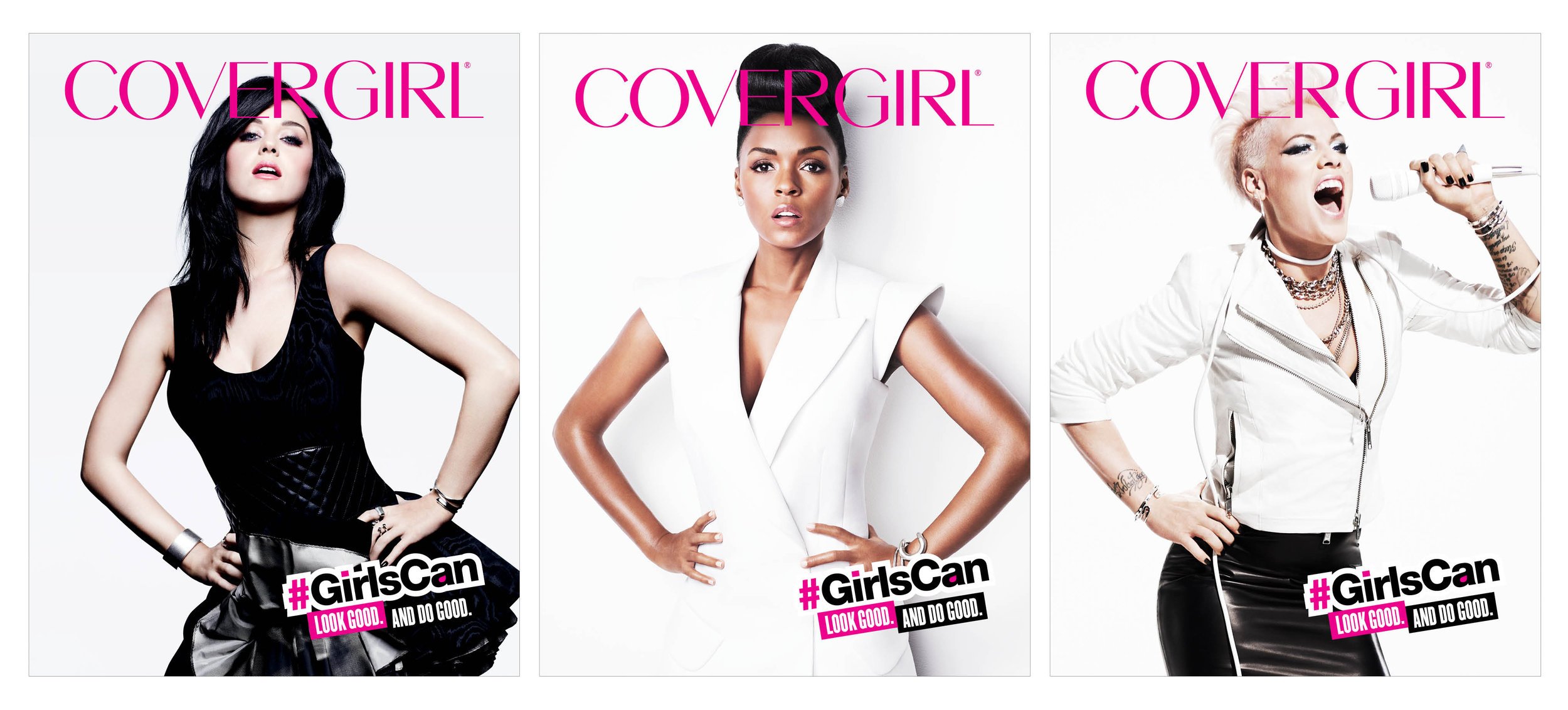From Dove to Microsoft: 5 female empowerment Ad Campaigns and what we can learn from them
Many brands have tried to reach women and girls with empowering advertising.
A few brands have succeeded to create a message resonating beyond their brand.
Here are five examples of Female Empowerment Ad Campaigns and what we can learn from them for our brand storytelling and campaigns.
Dove - from Real Beauty to Reverse selfie
Unilever launched the Dove "Real Beauty" campaign in 2004. Confident women of all shapes and sizes posing in their underwear challenged traditional beauty standards and invited women globally to embrace their bodies.
The campaign launched a social movement and has been a commercial success for the brand almost consistently for 20 years.
Dove's latest campaign "Reverse Selfie" presents an evolution of the brand's messaging to tackle current societal issues around detoxifying beauty.
The campaign features a woman first introduced as a highly edited photograph. The viewer is taken step by step backward through the transformation until the reveal shows she is not what the selfie implied, but a young 13-year-old girl.
The ad invites parents to address the pressure of social media referring them to guidance on how to have the selfie-talk with their daughters on the Dove website.
The lesson:
Invite your audience to take action - and give them the tools to impact change.
Always – #Like a girl
Gender stereotypes can have a big impact on girls' confidence during adolescence, especially if they are so ingrained in our culture that they become part of the language.
The expression “like a girl” is often used as an insult to tease somebody weak or overly emotional.
Studies on female confidence show, girls lose self-esteem between ages 10-12 when young womanhood comes to be defined by a set of rules, like beauty and submissiveness.
The Always #likeagirl campaign was aimed to change the conversation around the negative implications of “like a girl”.
The campaign video shows women, boys, and men acting silly when asked what it means to run, fight or act like a girl. When young girls are asked to perform the same actions, they show strong confidence and fight and run as hard as they can. The video has been viewed more than 90m times and shared by over 1m viewers.
The campaign established powerful ways to reframe #likeagirl achieving better representation of girls in emoji, and empowering girls not to quit sports in a study conducted in December 2014, almost 70% of women and 60% of men claimed that "The video changed my perception of the phrase 'like a girl".
The lesson:
Powerful storytelling with a strong message can reframe the conversation.
Under Armour’s “I Will What I Want” Campaign
Under Armour launched a global campaign back in 2014, celebrating women overcoming adversity.
The campaign's first spot opened with a voiceover from a rejection letter stating 'You have the wrong body for ballet' as the camera panned over ballerina Misty Copeland in a striking juxtaposition of grace and muscular strength.
The ads want to inspire women to focus on their abilities, their passions, and their inner strength, thereby encouraging them never to give up on what they want.
The lesson:
Share female voices. One story of overcoming adversity can inspire many others to do the same.
Microsoft’s #MakeWhatsNext Campaign
Microsoft recognized the need to encourage young girls to invent and create since only 7% of patents are currently held by women - a ridiculous waste of potential.
The popular campaign shows young girls being surprised not everything was man-made, sharing the stories of female inventors.
Microsoft launched a patent program for young female inventors that provides guidance and funding for girls to innovate and create.
The lesson:
Recognize the challenges specific to your field and follow up with action or practical application.
Cover Girl “Girls Can”
In 2014 Cover Girl ran a marketing campaign to let girls know they can do anything.
The cast included inspirational and aspirational female celebrities — like Queen Latifah, Katy Perry, and Janelle Monáe — discussing all of the things they were told they could not do, simply because they were girls.
The Lesson:
Female celebrities or personalities with a track record to empower women and girls - can do so for your brand





